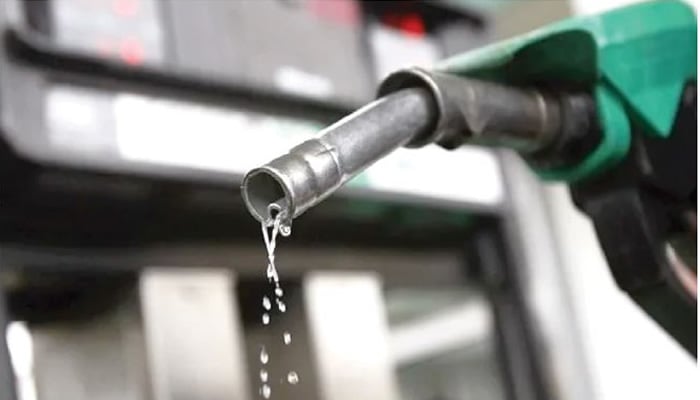Industrialists from Northern Nigeria have thrown their weight behind the Federal Government’s decision to impose a 15 per cent import duty on petroleum products, describing it as a bold policy that will stimulate local refining, deepen value addition, and make the Nigerian manufacturing sector more competitive.
Chairman of the Sharada-Challawa branch of the Manufacturers Association of Nigeria (MAN) in Kano, Muhammad Nura Madugu, made the remark during a courtesy visit to the Dangote Group’s regional office in Abuja, according to a statement issued by the company.
Madugu said the new tariff policy aligns with President Bola Tinubu’s vision of industrial revival and energy independence. He noted that local manufacturers will continue to support progressive policies that promote domestic production, expand job creation, and encourage Nigerian companies to compete globally.
He explained that the association evaluates government policies by considering their long-term economic benefits, particularly for industrial growth and sustainability. According to him, the new duty will help drive investment into local refining and petrochemical production, which will in turn open up a wide range of opportunities for manufacturers across Nigeria.
Madugu highlighted that the Dangote Refinery has created new opportunities for industrial linkages through its multiple derivatives from crude oil refining. “From petrol, diesel, kerosene, and jet fuel to liquefied petroleum gas and bitumen, the refinery provides inputs critical for our industries,” he said.
He added that other derivatives such as naphtha, lubricating oils, and petrochemical feedstocks like ethylene, propylene, and butadiene will serve as raw materials for producing plastics, detergents, synthetic fibres, and other industrial goods.
The visit followed the 2025 MAN Product Exhibition in Kano, an annual event sponsored by Dangote Industries Limited, where the MAN team presented Awards of Excellence to Mr Aliko Dangote and Mrs Fatima Wali-Abdurrahman, Special Adviser on Strategic Relations and Projects to the Dangote Group President.
Responding, Wali-Abdurrahman expressed appreciation to the manufacturers, noting that Dangote remains committed to supporting policies that strengthen Nigeria’s economy and promote locally made goods. She emphasised that closer collaboration between the refinery and manufacturers would “stimulate the growth of ancillary industries, create new value chains, and boost domestic and export capacity.”
Dangote Group recently disclosed plans to expand the refinery’s capacity to 1.4 million barrels per day, a move projected to create about 65,000 jobs for Nigerians.
Also commenting, the Chairman of MAN Kano-Jigawa Branch, Muhammad Bello Isyaku Umar, lauded the new import duty, saying it would help reduce Nigeria’s overdependence on imported fuel and ease pressure on the foreign exchange market. “It will reduce the country’s volume of importation and high demand for foreign exchange, and this will improve the value of our currency,” he said.
Umar, however, cautioned that the policy could lead to temporary increases in fuel prices and transport costs if local production capacity does not quickly meet domestic demand.
President Bola Tinubu had earlier described the import duty as “a bridge, not a burden,” insisting that it would stimulate investment in refining and enhance Nigeria’s energy independence. According to Sunday Dare, the Special Adviser to the President on Media and Public Communications, the policy is a key part of government reforms aimed at transforming Nigeria’s petroleum landscape and achieving long-term economic stability.
The Dangote Refinery, which began operations in 2024 with an installed capacity of 650,000 barrels per day, has already positioned itself as the cornerstone of Nigeria’s downstream sector. The company’s spokesman, Anthony Chiejina, said the facility’s output will not only meet national fuel demand but also enhance energy security and reduce dependence on fuel imports.
